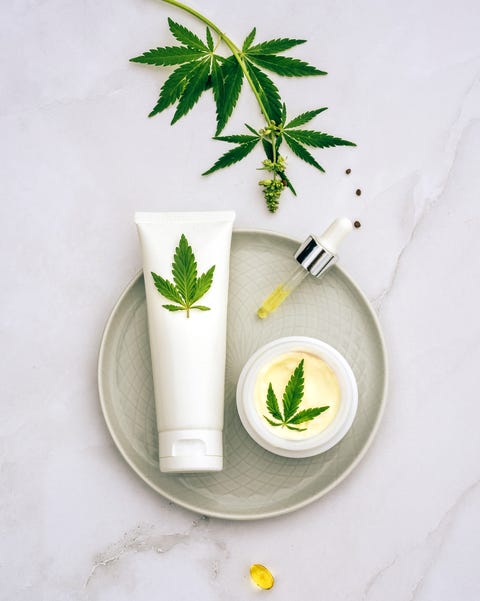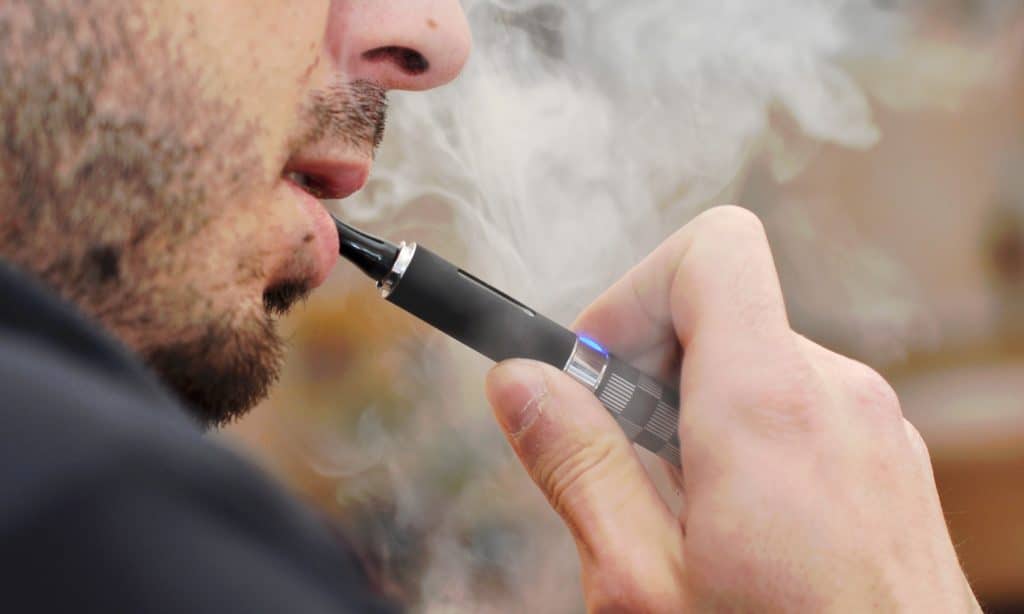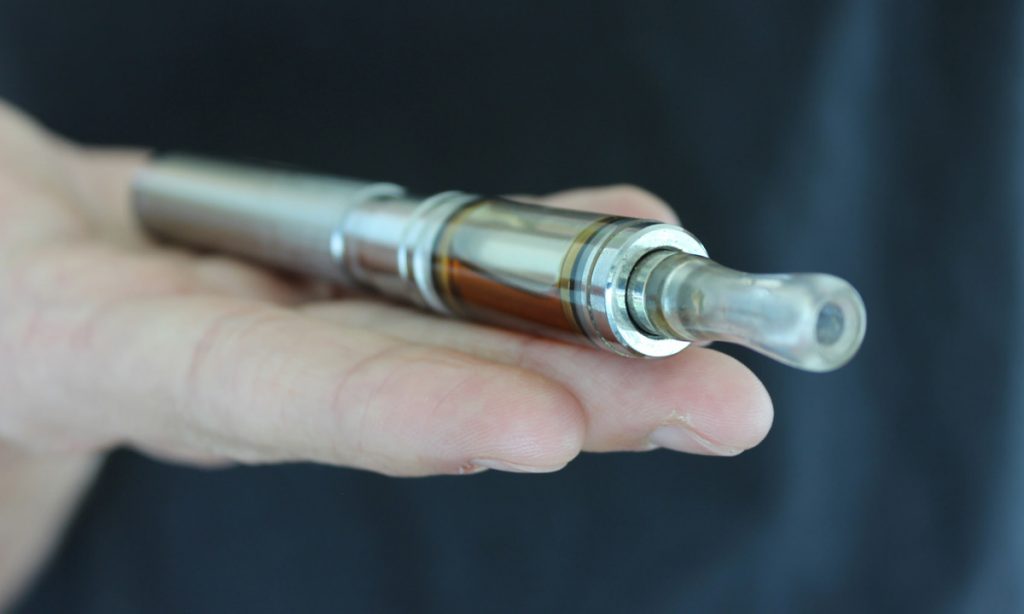Delta-8 THC is a popular cannabis product which offers slightly different benefits from its half brother delta-9. Though delta-8 is a product of delta-9 in nature, it’s also quite possible to source delta-8 THC from CBD. Read on to find out how its done.
Let’s be honest, you’re probably not going to set up a science experiment to make delta-8 THC at home from CBD. And that’s okay. Unless you’ve got a chemistry degree, or some incredible natural know-how, it’s just not a beginner’s activity. On the bright side, you don’t need to! Plenty of delta-8 products abound, as well as even newer offerings like THCV, delta-10, and THC-O-Acetate. We’ve got a bunch of great delta-8 THC deals, and way, way more. So take a look at our constantly expanding catalogue, and buy your finished product without worrying about a chemistry set.
First off, what is delta-8 THC?
Delta-8 THC is growing in popularity, but what it is, isn’t always understood. Delta-8 is an isomer of delta-9, meaning it shares the exact same chemical formula of: C₂₁H₃₀O₂, but with a different configuration of atoms. Delta-8 and delta-9 (and all other delta-THCs) are stereoisomers of each other, meaning they differ on nothing more than the placement of a double bond. For delta-9, the standard THC associated with marijuana, it’s on the 9th carbon atom in a chain, for delta-8, its on the 8th.
Delta-8 is a naturally occurring cannabinoid, which is produced in nature through the oxidation of delta-9 THC. When delta-9 comes into contact with oxygen, it loses electrons, thus creating delta-8, a more stable compound with a longer shelf life, since further oxidation is not an issue. Delta-8 only transforms from delta-9 at extremely low rates, meaning what occurs naturally is not in a high enough volume for any kind of product. In order for enough for actual use, it requires synthetization by humans, which we’ll get to soon.
The two isomers, delta-8 and delta-9, share many of the same medicinal characteristics, but differ in a few important ways, which can greatly affect both user experience, and user preference. Delta-9, for starters, is known to cause anxiety in many users. Delta-8 does not, meaning it’s a better treatment for anxiety, as well as not as likely an agent to produce it, in those not attempting to treat it. Delta-9 is also known for an intense high, cloudy head, and couch locking – when a person is so stoned they literally feel like they can’t move off the couch.







